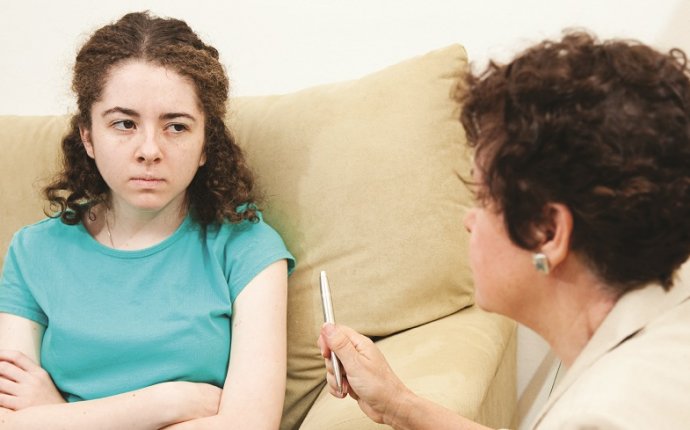
Modern Treatment for mental Illness
Mental health issues affect individuals from all walks of life. If you are, or someone you love is, struggling with a mental health problem, it’s important to understand more about the issue.
What Causes Mental Health Issues?
Some of the most likely causes of mental health disorders are the following:
- Genetic traits. Mental health conditions can be handed down through families. This means that a person has a higher statistical chance to inherit a specific mental health issue if that condition is present in other family members. However, it does not mean that just because someone in your family has the trait that you will definitely get it. A mental health specialist can assess and diagnose these types of issues. If you suspect that you may have inherited a mental health disorder, let your doctor know.
- Exposure in utero. Being exposed to negative influences before birth, such as drugs, alcohol or other toxic substances, can affect an infant’s future mental health. Some infants are born with health problems due to these toxins while others may seem fine at birth and develop problems later in life.
- Brain chemistry. Many mental illnesses can be traced to a patient’s individual brain chemistry. Illnesses such as depression and anxiety can be triggered by biochemical changes in the brain or hormonal imbalances throughout a person’s lifetime.
- Negative stress from life events. Events that occur during a person’s lifetime, such as the death of a close relative or friend, financial problems or emotional or physical abuse, can trigger mental health problems. Many times a life event may exacerbate other factors that are already present to cause mental illness.
Is There a Cure for Most Mental Health Issues?
Most mental health issues can be treated successfully with a combination of prescription medications and psychotherapy. Antidepressants and anti-anxiety medications can help treat many mental health disorders over a period of time. Combined with modern psychotherapy, mental health sufferers can experience an improvement in their condition in a few short weeks.
If you or someone you know is having mental health issues, please call us today at . We’re available 24/7 to help you find treatment.
Therapies for Mental Health Disorders
The two most common treatments for mental health disorders are prescription medications and modern psychotherapy. Both of these mental health treatments have come a long way since their inception. Many of the treatments used today were not even available 10 or 20 years ago.
Cognitive Therapy Treatments
Cognitive behavioral therapy is a form of psychotherapy that emphasizes the importance of thinking in relation to how we feel and act. Types of cognitive behavioral therapy include:
- Rational emotive behavior therapy. This is a therapy based on the concept that it is what we believe that upsets us.
- Rational behavior therapy. This is a therapy based on the belief that an unsuspected problem is causing unwanted behaviors.
- Rational living therapy. This is a therapy based on the concept of motivating the patient through the use of rational motivational interviewing techniques.
- Cognitive therapy. This is a therapy that works to identify and change dysfunctional behavior, thoughts and emotional responses.
- Dialectic behavior therapy. This is a therapy that combines standard cognitive behavioral techniques with the concepts of stress tolerance and mindful awareness.









